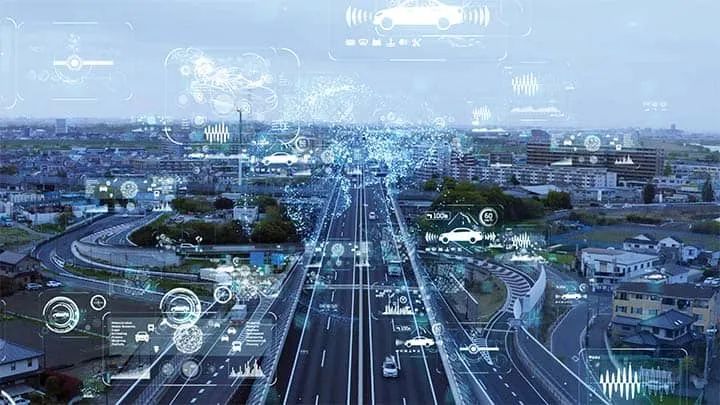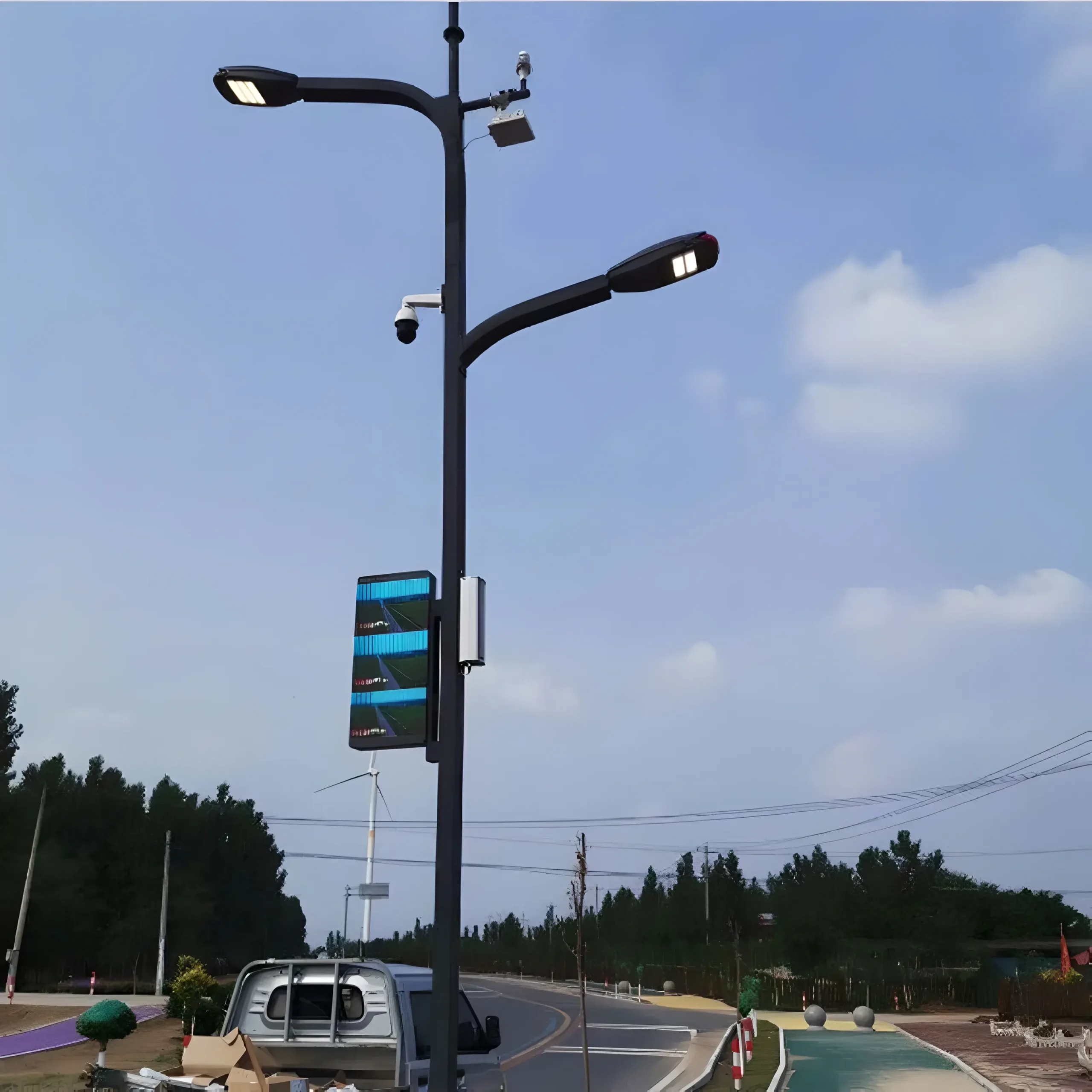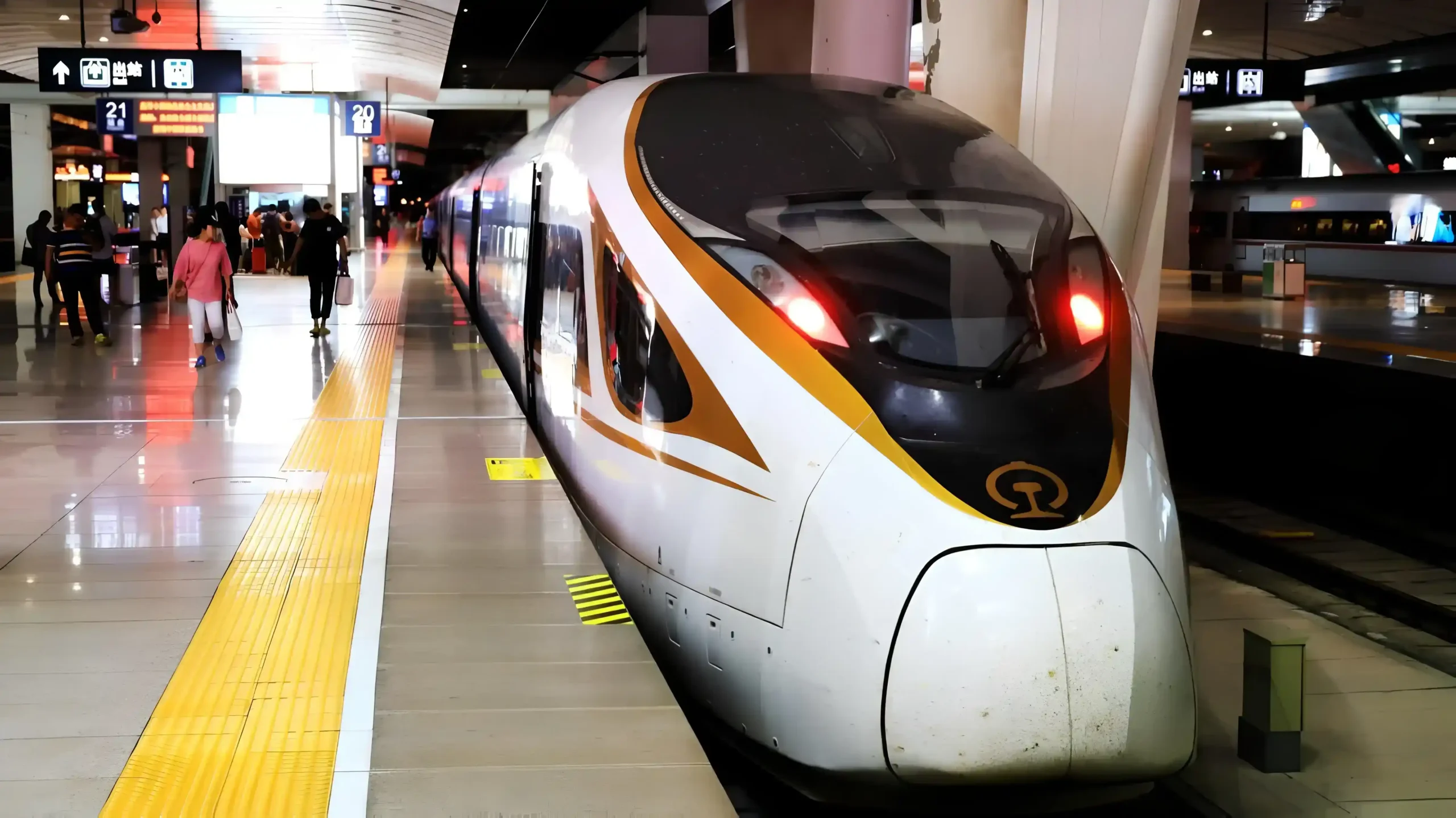The Middle East and North Africa (MENA) region is on the cusp of a transformative era in its transportation landscape, driven by rapid urbanization, economic growth, and the urgent need for modernization. As countries in this region confront outdated infrastructure and increasing vehicle populations, integrating intelligent transportation technologies and adopting new energy vehicles are becoming critical. This article explores the current state of the MENA transportation industry, the potential for intelligent transportation models, and the benefits of collaboration with Chinese companies, mainly through the upcoming China-MENA Intelligent Transportation Industry Development and Cooperation Conference.
Current State of the MENA Transportation Industry
The transportation landscape in the MENA region is characterized by a stark contrast between wealthier nations and those facing significant challenges.
- Wealthy Nations: Countries such as the United Arab Emirates, Qatar, Saudi Arabia, Oman, and Bahrain boast modern infrastructure and advanced management systems. These nations are suitable for high-end intelligent transportation solutions, although their small populations limit the overall market size. Nonetheless, they present significant economic growth potential and a high growth rate in the transportation industry, making them ideal candidates for implementing cutting-edge technologies.
- Developing nations in terms of infrastructure: In contrast, countries like Egypt, Iran, Iraq, Algeria, Sudan, and Syria face substantial challenges, including outdated infrastructure, low management levels, and severe traffic and pollution issues. The infrastructure in these countries may be old or damaged, leading to prominent traffic and air pollution problems. However, these challenges signify a substantial investment demand and growth potential in transportation infrastructure and management. With increasing urbanization and economic development, the transportation industry in these nations holds significant growth potential, similar to China’s early development stages, indicating a high likelihood of successful model replication and implementation.
Opportunities for Smart Transportation Models
The potential for intelligent transportation in MENA is particularly pronounced in wealthier cities with developed infrastructure.
Upgrading Transportation Equipment: Collaborating with Chinese companies can continuously upgrade transportation equipment and infrastructure, targeting rich cities with developed transportation systems. Utilizing big data as a foundational element for innovative transportation development will promote Internet of Vehicles technology, redefining travel methods and enhancing vehicle-to-vehicle interaction, vehicle-road integration, and vehicle-cloud collaboration.
Application of Artificial Intelligence (AI): AI advancements, particularly with generative AI and large models like GPT, are set to revolutionize the transportation sector. These technologies will fundamentally change how transportation terminals operate, accelerating the integration of various transportation tools and opening up new possibilities for intelligent transportation systems. Wealthy cities in MENA, equipped with sufficient funds and a commitment to innovation, can leverage these technologies to become benchmarks for the Belt and Road Initiative.
Investment Opportunities: Substantial sovereign wealth funds in the region, many of which are now investing in China’s technology sector, facilitate this collaboration. By connecting investments in China’s intelligent transportation technology industry, MENA countries can inject more international capital into Chinese companies, creating a mutually beneficial relationship.
Three Opportunities For Smart Urban Transportation Infrastructure
Distributed Intelligent Parking Lot Construction and Operation: Collaborating with municipal governments to deploy intelligent parking lots can help manage traffic congestion caused by road occupation. These parking lots can automatically collect fees, generating income for local governments, which can be reinvested into transportation facility improvements.
Intelligent Traffic Vehicles and Driver Management: Partnering with municipal authorities to implement automatic supervision of vehicles and drivers can enhance traffic management. This system can issue tickets for improper behavior and quickly deduct fines, effectively changing illegal driving habits and improving overall traffic flow. The revenue generated can also be directed toward upgrading transportation infrastructure.
Energy-Saving Transformation of Street Lamps: The high energy consumption of urban street lamps in the MENA region leads to significant power waste. By investing in energy-saving technologies, municipalities can reduce operational costs. This presents a growth opportunity for partnerships with governments to invest in energy-saving solutions, potentially exchanging savings for export concessions based on reduced electricity consumption.
Market Opportunities For New Energy Vehicles And Intelligent Connected Vehicles
With their large populations, the old cities in MENA have many aging vehicles that require replacement. Many taxis and public buses are beyond their service life and lack essential features like air conditioning, posing risks to passenger safety and comfort. Additionally, outdated logistics vehicles contribute to safety hazards on the roads.
Key features of this market opportunity include:
- Electrification and Networking: To ensure operational efficiency, vehicles must achieve large-scale electrification and networking, laying the groundwork for intelligent transportation systems.
- Public-Private Partnerships: A mixed system encourages the entry of social capital, allowing for collaborative investments in the new energy vehicle and intelligent network industry.
- Strategic Partnerships: Local consortiums with strong export business returns are increasingly entering the new energy vehicle sector, providing opportunities for Chinese companies to form strategic partnerships.
Chinese companies could increase their market share from less than 1% to over 50% between 2030 and 2040, capturing nearly half the total market opportunity in this incremental space.
Overseas Opportunities Brought by the Development of the Logistics Industry in MENA
The logistics industry in the MENA region is poised for significant growth, driven by emerging trends in e-commerce and food delivery. The demand for instant delivery services is expected to rise, particularly for categories like fresh food and medicine.
To enhance cross-border e-commerce logistics, several key strategies must be implemented:
- Improving Informatization: Accelerating the development of intelligence and automation in logistics is essential. This includes upgrading terminal distribution networks and strengthening cold chain logistics capabilities.
- Innovative Delivery Solutions: The development of drones and self-driving cars for delivery should be prioritized, alongside exploring new logistics models that can optimize efficiency.
- Integrating New Consumption Scenarios: Incorporating unmanned retail, catering robots, and intelligent logistics into the logistics ecosystem will further enhance operational efficiency and customer satisfaction.
The China-MENA Intelligent Transportation Conference
The upcoming China-MENA Intelligent Transportation Industry Development and Cooperation Conference offers a vital platform for collaboration and knowledge exchange, providing numerous benefits for attendees:
- Consultation and Planning: Participants will receive expert advice on government policy-making based on China’s successful leapfrogging development experience, which can inform local strategies.
- Innovative Transportation Models: The conference promotes new models for municipal transportation management that aim to revitalize systems, increase fiscal revenue, and upgrade infrastructure.
- Policy Incentives: To facilitate this transition, insights into introducing incentives for adopting electric and intelligent vehicles and supporting regulations on-road use will be shared.
- Technological Innovation: Participants can learn about implementing intelligent operation management systems and promoting autonomous logistics and mobility vehicles to enhance operational efficiency.
- Business Evolution: The conference highlights how intelligent networking can enable crowdsourcing, sharing, and more efficient operations in logistics and transportation.
- Investment Strategy: The event will focus on attracting integrated participation from foreign investment and local private capital and strategies for energy replacement investments.
- Promotion of Chinese Standards: Participants can advocate for Chinese standards, which can streamline processes and enhance trade relations across the region.
The MENA region stands at a crossroads in its transportation evolution, with significant opportunities for growth and modernization. By embracing intelligent transportation technologies and collaborating with Chinese companies, MENA countries can effectively address their unique challenges while tapping into the vast potential of smart transportation systems. The China-MENA Intelligent Transportation Industry Development and Cooperation Conference is a crucial step in this journey, offering a platform for knowledge exchange, investment opportunities, and the development of innovative solutions that will shape the future of transportation in the region.







